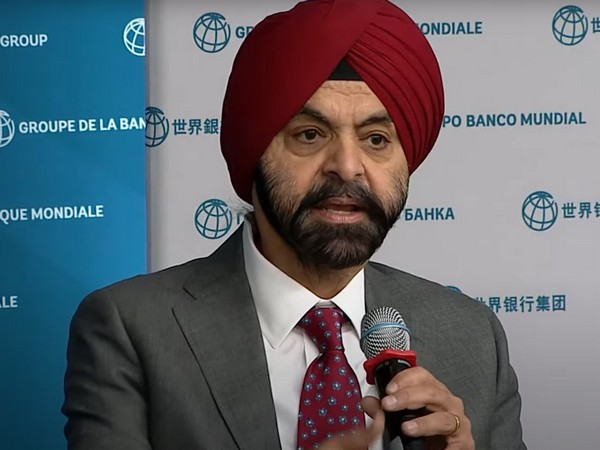Climate Migration Training: Ajay Banga’s Strategy for Tuvalu’s Future
World Bank President Ajay Banga visited Tuvalu to highlight the urgent need for training young people to adapt to climate change. He emphasized the importance of human infrastructure and the World Bank's commitment to providing education, healthcare, and job creation to improve quality of life and support climate migration.

World Bank President Ajay Banga emphasized on Friday the necessity of training the youth in the Pacific Island nation of Tuvalu to help them adapt and move in response to climate change. Banga's visit underscored Tuvalu's battle against rising sea levels, marking his first visit to the country where approximately 11,000 residents are already witnessing the impacts of climate change.
During his visit, Banga noted that the World Bank, under his leadership, expanded its mandate to include climate change adaptation, aiming to alleviate poverty while ensuring a liveable planet. He interacted with young residents who expressed that leaving their homeland would only be a Plan B. Banga stressed that the World Bank's vision encompasses not just physical infrastructure, but also education and healthcare to ensure a quality life.
Banga also discussed with Tuvaluan officials the importance of skill development, such as training in nursing or plumbing, as vital for young climate migrants. The World Bank aims to allocate 45% of its annual financing to climate-related efforts by 2025. Banga plans to use the UN General Assembly platform to call for increased funding for the World Bank's International Development Association, which supports the poorest nations.
(With inputs from agencies.)
ALSO READ
Border Crossers: Unveiling Migration and Extremism in Bhaskar Roy's New Novel
Ukrainian Training Helicopter Crash Claims Two Lives
Early Migration for Democracy: Bakerwals Return to Vote in Jammu and Kashmir Elections
Election Commission Gears Up for Assembly Polls in Udhampur with Enhanced Training and Security
RSS Demands Reforms for Swift Justice and Self-Defense Training After Kolkata Incident










